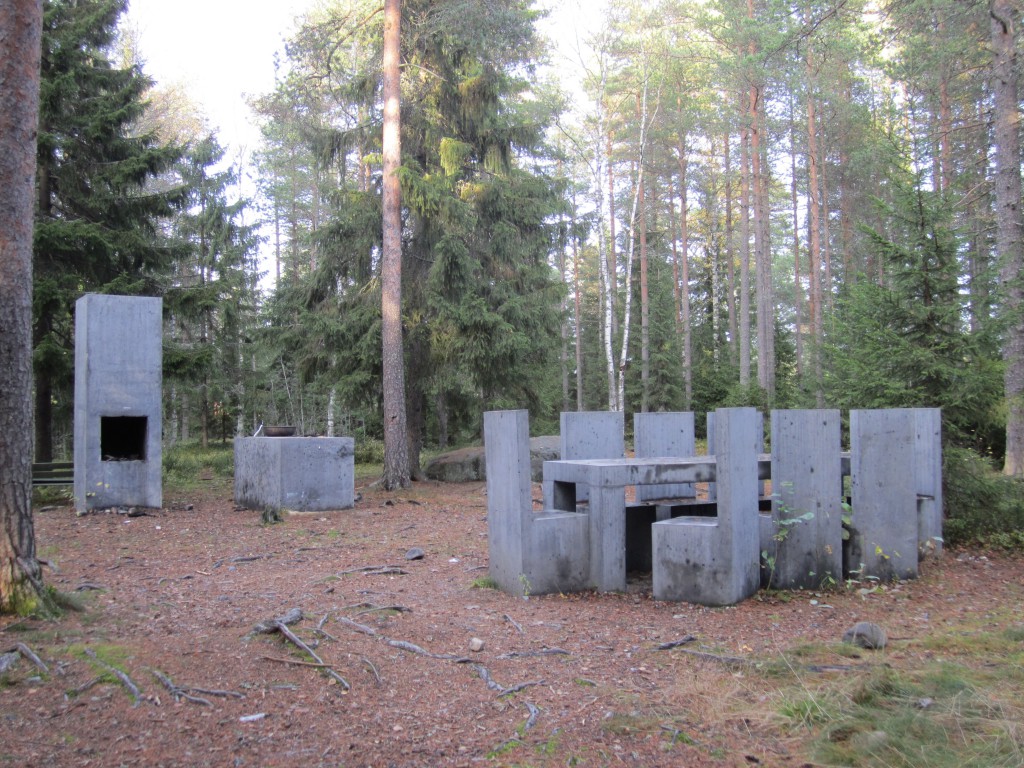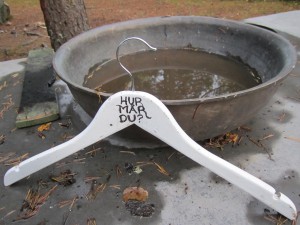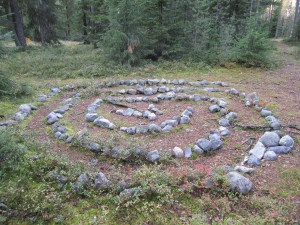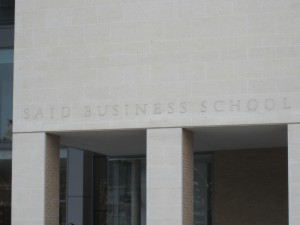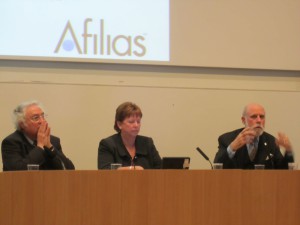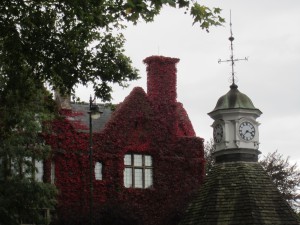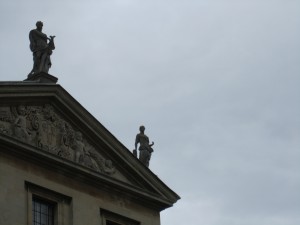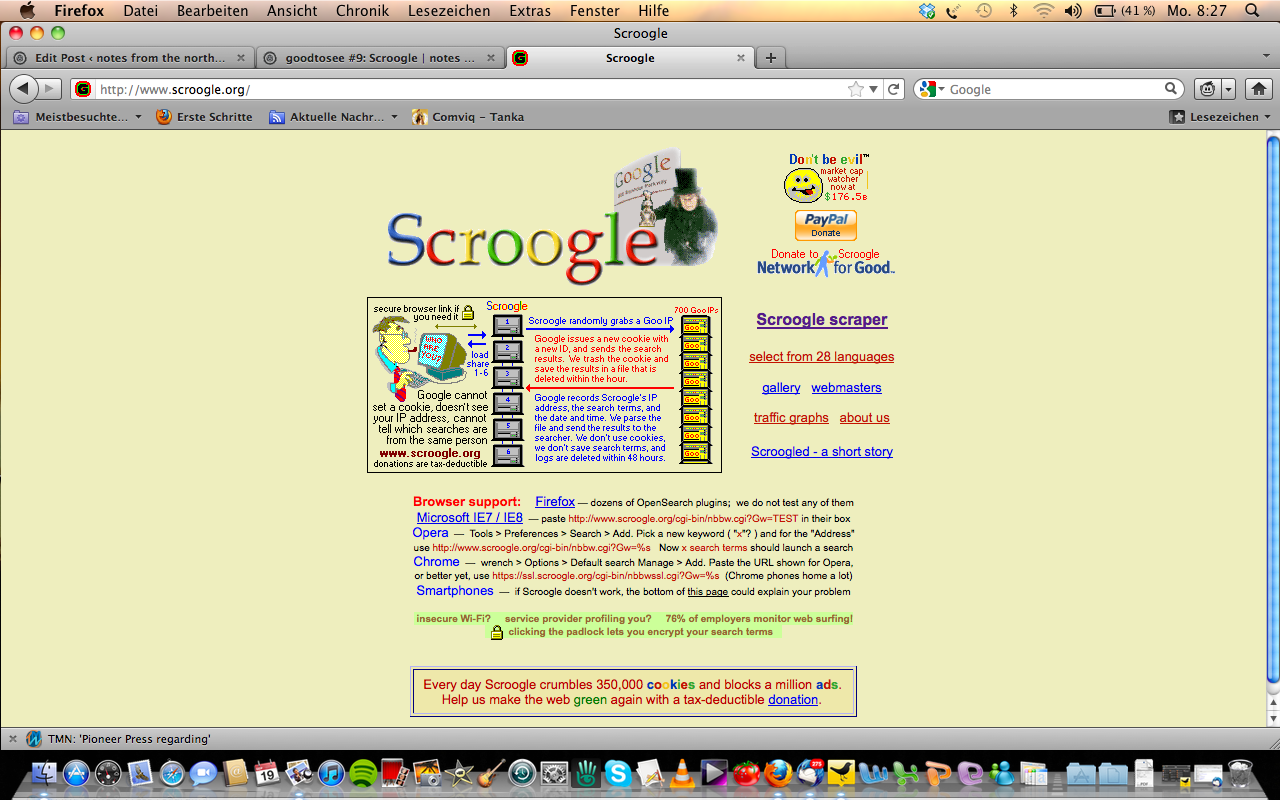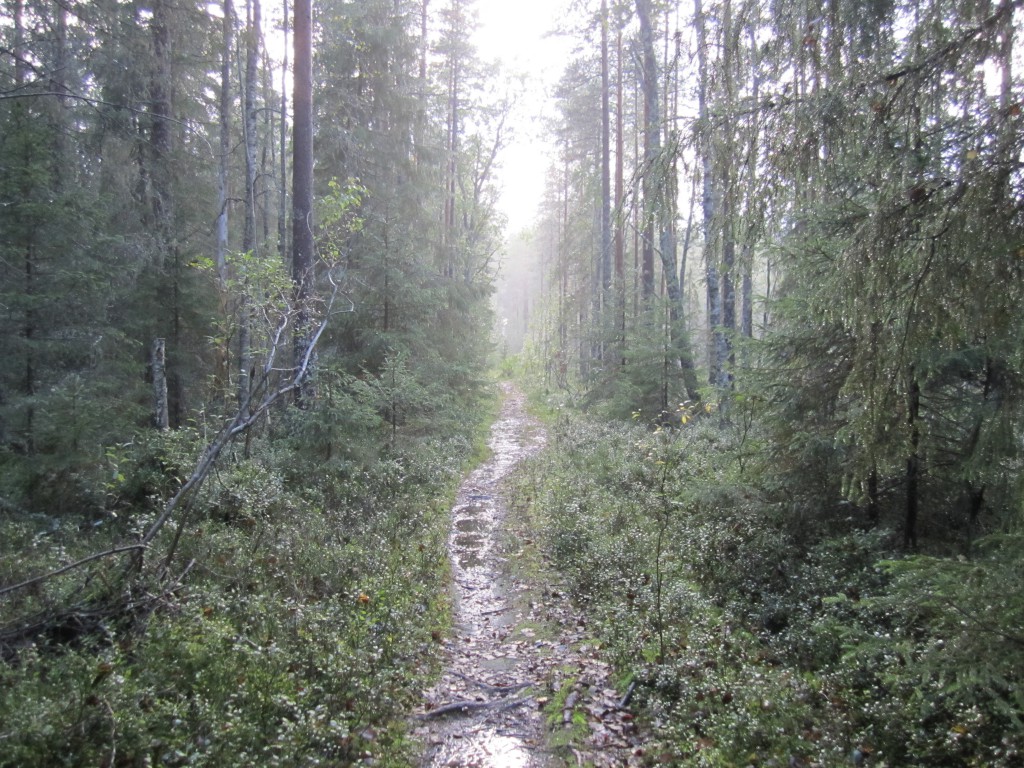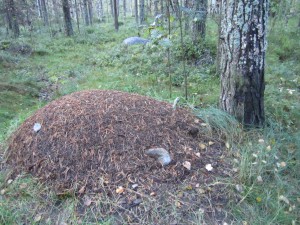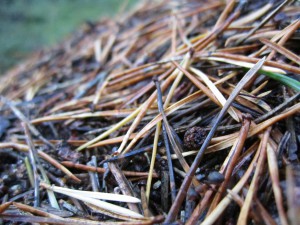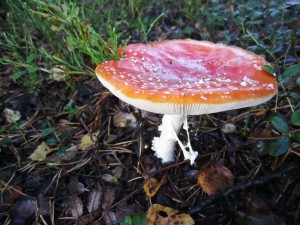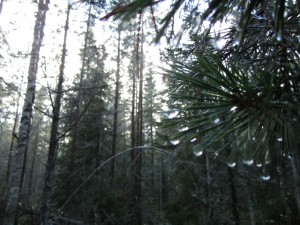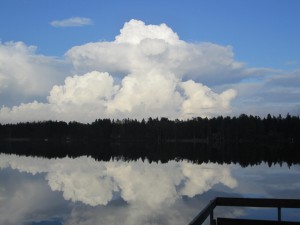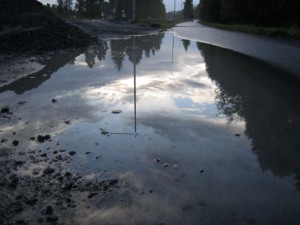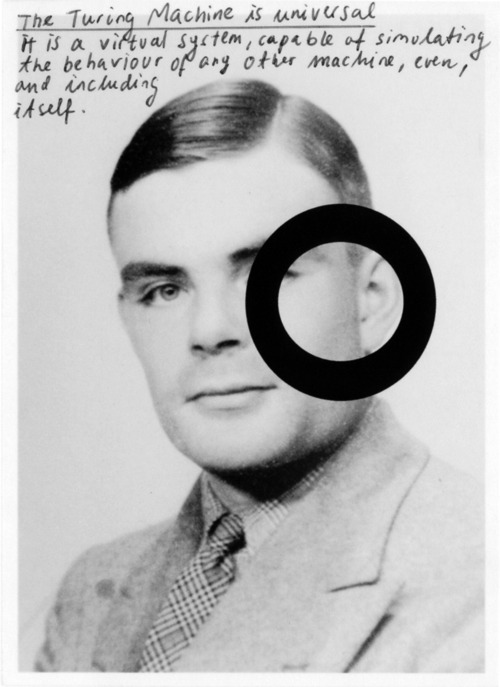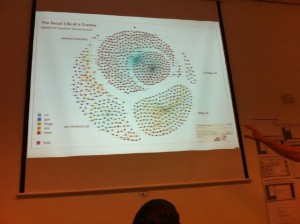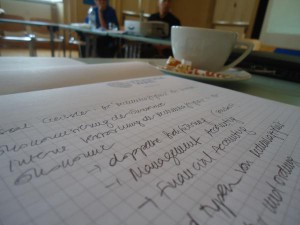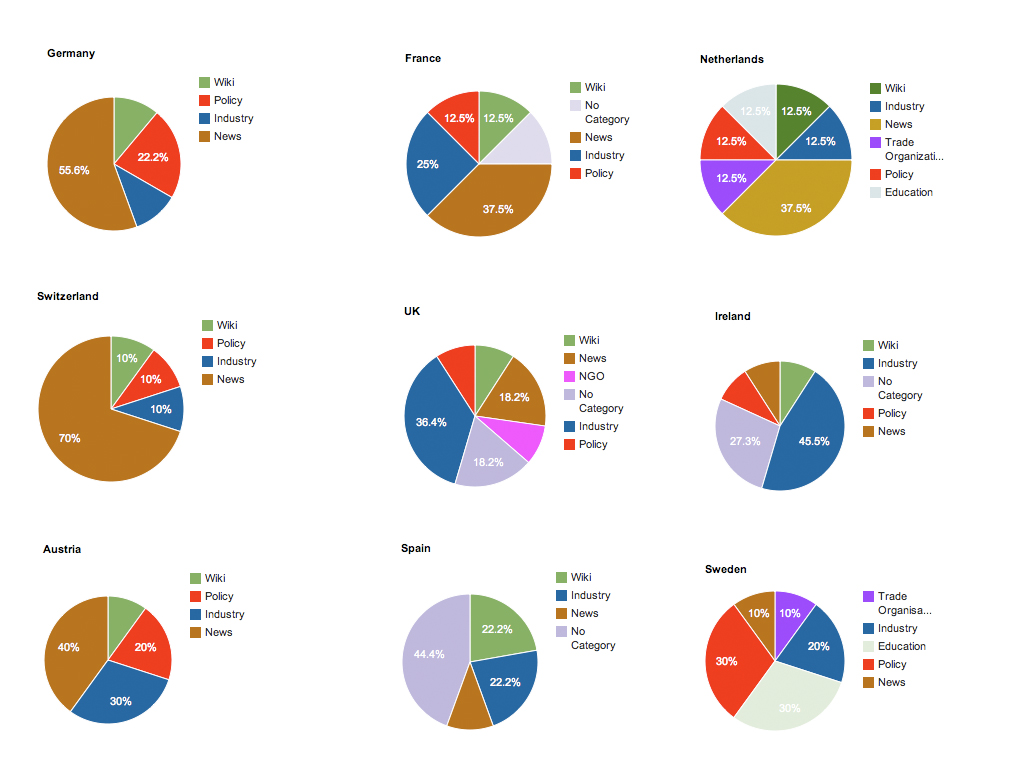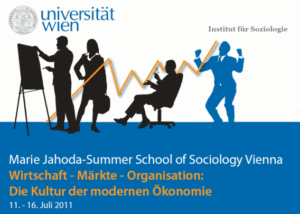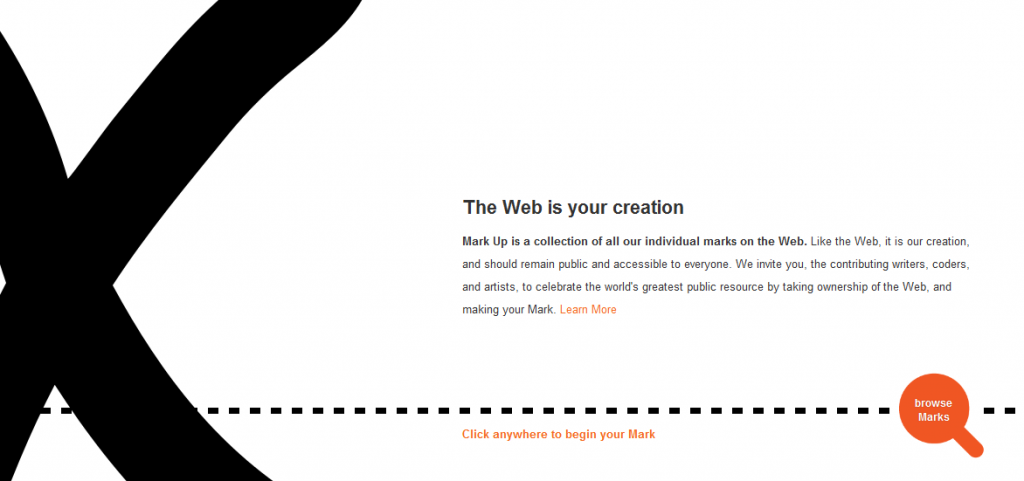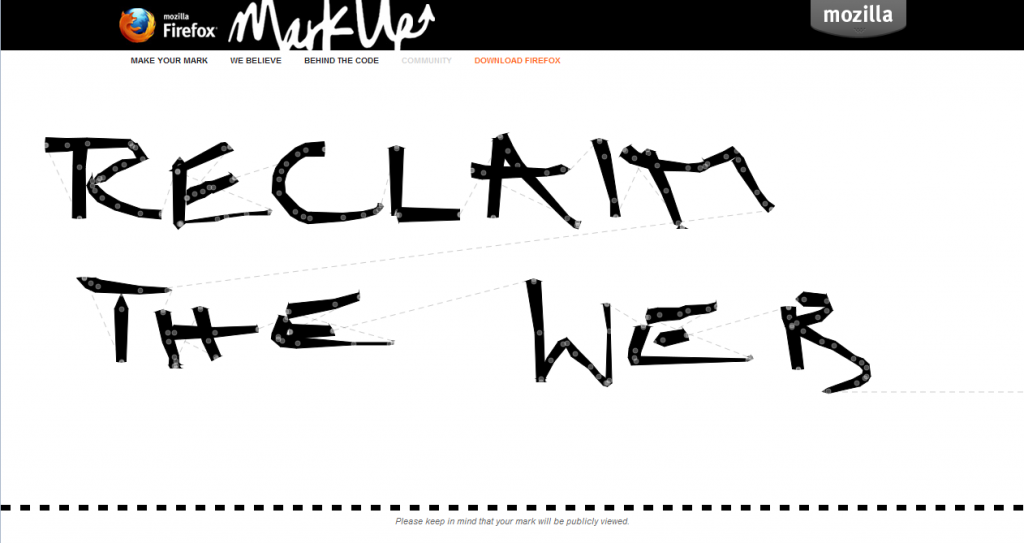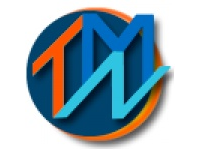found in the woods..
oii conference “a decade in internet time”
I highly enjoyed the OII conference in Oxford over the last couple of days! Even though I don’t have enough time to write a proper blogpost about the conference I’d like to share some of my personal highlights. First of all, I really enjoyed seeing Manuel Castells speaking live for the first time! Since I’m a big fan of his writings I was glad to see that he’s not only a thorough thinker, but also an excellent speaker (the two not always necessarily go together). He was talking as part of the anniversary plenary session, which further included Vint Cerf, Wendy Hall, Eli Noam, Andrew Graham – all of them gave a great speech about the last decade of Internet research and future perspectives and challenges.
Besides this distinguished panel there were more events worth metioning. My own panel “Ethics & Values”, for example, was well assembled. Particularly Vicki Nash’s talk “Dissenting Values at the Heart of the Internet” turned out to be really useful in terms of my future research. Also, I enjoyed the discussion that followed my talk, even though it was brief because I was the last speaker in the session, which was bad as usual.. 😉
Further, I liked the panel on “Virtual Knowledge” with Sally Wyatt, Paul Wouters, Smiljana Antonijevic and others from the Virtual Knowledge Studio, which triggered the question whether this conference could have happened 10 years ago or whether new media, Twitter in particular, fundamentally changed the way knowledge is created, shared and distributed. Also, Alberto Pepe’s talk “Identity Dilemmas on Facebook” was really clever and well done. He re-enacted Pirandello’s novel “One, no one and one hundred thousand” in the Facebook age. Finally, Laura De Nardis’ talk “Technologies of Dissent” made a huge impression on me. She gave an in-depth analysis of Internet governance as socio-political practice in a global (capitalist) age. After Aleks Krotoski’s comments an interesting discussion evolved around Internet governance and the role governments, but also – and even more importantly – corporate actors such as Google play therein. I ordered De Nardis’ book “Protocol Politics” immediately after the session.
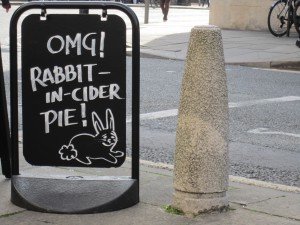 And then, last but not least, I perceived Oxford itself as a very enjoyable town. Thanks to Alberto Pepe, Jean-Christophe Platin, Juliette De Maeyer (sorry for having missed both of your presentations – shame on me!!) for their nice company, and Malte Ziewitz, who showed me his college at night.. pretty spooky! Thanks for that and see you in Hainburg soon! 🙂
And then, last but not least, I perceived Oxford itself as a very enjoyable town. Thanks to Alberto Pepe, Jean-Christophe Platin, Juliette De Maeyer (sorry for having missed both of your presentations – shame on me!!) for their nice company, and Malte Ziewitz, who showed me his college at night.. pretty spooky! Thanks for that and see you in Hainburg soon! 🙂
For those of you who missed the conference: most of the papers are online here.
Upcoming travels and events
Tomorrow morning I’ll go to Oxford to participate in the OII conference “A Decade in Internet Time“. The line-up of speakers looks very promising and includes big names such as Manuel Castells, Ted Nelson, Danah Boyd, and others. I’m looking forward to present and discuss my paper “Algorithmic Ideology” in this great intellectual enviroment. That’s the abstract of my talk:
This article investigates how the “new spirit of capitalism” (Boltanski & Chiapello, 2007) gets inscribed in the fabric of search algorithms by way of social practices. Drawing on the tradition of the social construction of technology (SCOT) and 17 qualitative expert interviews I discuss how search engines and their “capital accumulation cycle” (Fuchs, forthcoming) are negotiated and stabilized in a network of actors and interests, website providers and users first and foremost. I further show how corporate search engines and their capitalist ideology are solidified in a socio-political context characterized by a techno-euphoric climate of innovation and a politics of privatization. This analysis provides a valuable contribution to contemporary search engine critique mainly focusing on search engines’ business models and societal implications. It shows that a shift of perspective is needed from impacts search engines have on society towards social practices and power relations involved in the construction of search engines to reconsider and renegotiate search engines and their algorithmic ideology in the future.
The full paper could be downloaded here. After the OII conference I’ll take part in the workshop Social Media Cultures, which will take place at HUMlab right after (26-28 September). It’s a joint workshop of researches from the Umeå University and the University of Wollongong/ Australia. Thanks to Jim Barrett for organizing this event!
On the 5th of October I’ll go back to Austria to join the symposium “Knowledge Machines between Freedom and Control” in Hainburg, which is organized by IMA, Institut for Media Archeology, in cooperation with Theo Röhle. It’s the final event of the exhibition “insight-Tower – A World Machine“, where you can “stick your head into the net” (concept: Seppo Gründler, Nicole Pruckermayr, Elisabeth Schimana, Martin Schitter):
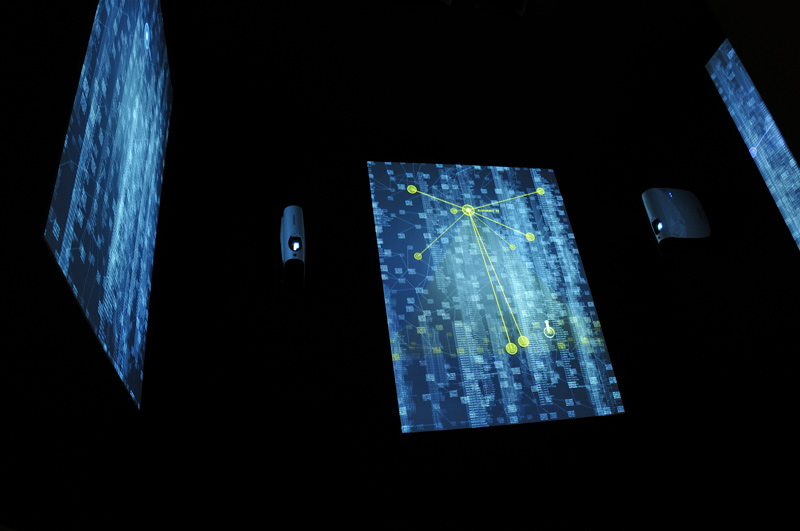 © photo credit IMA
© photo credit IMA
The symposium aims at initiating a discourse on search engines between researchers, technicians and artists and closes with a public event, which seems exciting to me! From Vienna I’ll most probably go to the inauguration symposium of the new research institute “Internet and Society” in Berlin (25-28 October). Since the institute is financed by Google and renowed German Universities have started to collaborate with them I expect it to be a truly interesting conference/ workshop (some of the details are still fuzzy though).
Finally, in November, I’ve been invited to participate in the workshop “Studying digital cultures – tools and methods for Humanities scholars” in Lund; organized by Lund University’s Humanities Laboratory, the Humanities Experiment Group (HEX), and the Department of Arts and Cultural Sciences (24 November). I’m already looking forward to seeing Jutta Haider, Olof Sundin & Karolina Lindh again, who made my last stay in “the south of Sweden” incredibly enjoyable!! Finally, in December, there will be another HUMlab conference called “The Internet of Things”, more infos will follow!
In between all these exciting events I hope I’ll get some writing done, another grant proposal out, and to pursue my research project on the biofuel controversy in Swedish media and search engine results (together with Jenny Eklöf), a project I’m really looking forward to!! 🙂 We’ll present our work at the beginning of November as part of the Umeå Studies in Science, Technology and Environment seminar series. Stay tuned!
goodtosee #9: Scroogle
I briefly talked about Scroogle in a previous blogpost, but it deserves its own post since it’s such a great tool! Scroogle was developed by Daniel Brandt and basically figures as a proxy for Google search.
That’s how it works according to their website:
Scroogle randomly grabs a Goo IP. Google issues a new cookie with a new ID, and sends the search results. We trash the cookie and save the results in a file that is deleted within the hour. Google records Scroogle’s IP address, the search terms, and the date and time. We parse the file and send the results to the searcher. We don’t use cookies, we don’t save the search terms, and logs are deleted within 48 hours.
Using Google through Scroogle hence protects users’ privacy because it disables the logging and archiving of cookies and IP addresses, which capture users’ search activities. It allows users to enjoy the full search service without feeding user data into the search engine. Contrary to reconfiguring browsers, deleting cookies and other strategies of “digital self-defense”, which often trigger inconveniences, Scroogle maintains the full service (except from Google’s annoying ads). Accordingly, Scroogle may be seen as exploiting Google. In my perception this is only fair since Google exploits us too by using our web content, linking strategies and, most importantly, our data to create profit. The so-called “user profiling”, the creation of “profiles” out of users’ search terms, search history and locations, is the basis for user-targeted advertising that made Google one of the most profitable companies on earth.*
Scroogle thus enables users to opt out of this economic exploitation scheme, while still providing the benefits of Google search. A clever move! Besides, Scroogle is entertaining too. Its homepage shows a new comic each time you reload the page. Most of the comics make fun of Google, and some of them are truly hilarious:
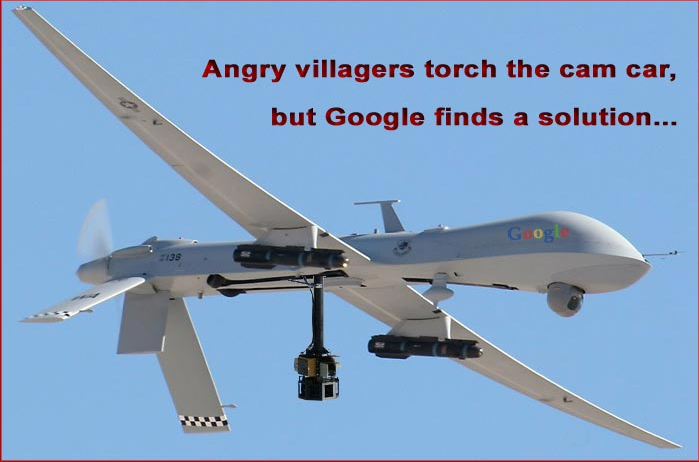
But check it out yourself, it’s worth risking a look! Another great tool is the Firefox Add-on „TrackMeNot“, which messes up user profiles by sending random search queries to the search engine.
* For an academic discussion on Google’s exploitation scheme within the broader context of capitalist society see, for example:
Fuchs, Christian (forthcoming) A Contribution to the Critique of the Political Economy of Google, Fast Capitalism, vol. 8, no. 1.
Mager, Astrid (2011) Algorithmic Ideology. How Society Shapes Search Engines, Conference paper for the OII conference “A Decade in Internet Time” (Oxford, 21-24 September).
Pasquinelli, Matteo (2009) Google’s PageRank. Diagram of the Cognitive Capitalism and Rentier of the Common Intellect, in Deep Search: The Politics of Search Engines beyond Google, eds. K. Becker & F. Stalder, Studienverlag, Innsbruck, pp. 152-162.
swedish wood
Going into the wood shows that academics are not the only ones working hard. It also impressively demonstrates that life is truly gorgeous outside the office. And yes, the title is a reference to the beautiful Beatles song Norwegian Wood.
































Even construction sites have their own charm. Sometimes.
goodtosee #8: academic role model
I’ve been thinking about my job lately. And my life. Or how to bring the two together more specifically. The “work-life balance”, as they call it nowadays. Looking around me I see young academics struggling to get their papers out, to find jobs, or to acquire research money. They work hard to make all that happen. The underlying assumption that keeps them going – that keeps us going – is the harder you work, the more rewarded you’ll get. Lately, however, I started doubting this assumption. In an academic world of scarcity it has become hard to succeed. Budget cuts, closing down of university positions, and a growing dependency on peer-reviewed journal publications and external research grants have created a bottleneck that is harder and harder to pass through. Not every ambitious scholar will make it, no matter how hard s/he works. Does that make me sound like a frustrated scholar? Yes, it does, but I share the frustration with the world. See what I found amongst the first results of the Google image search for “postdoc”:
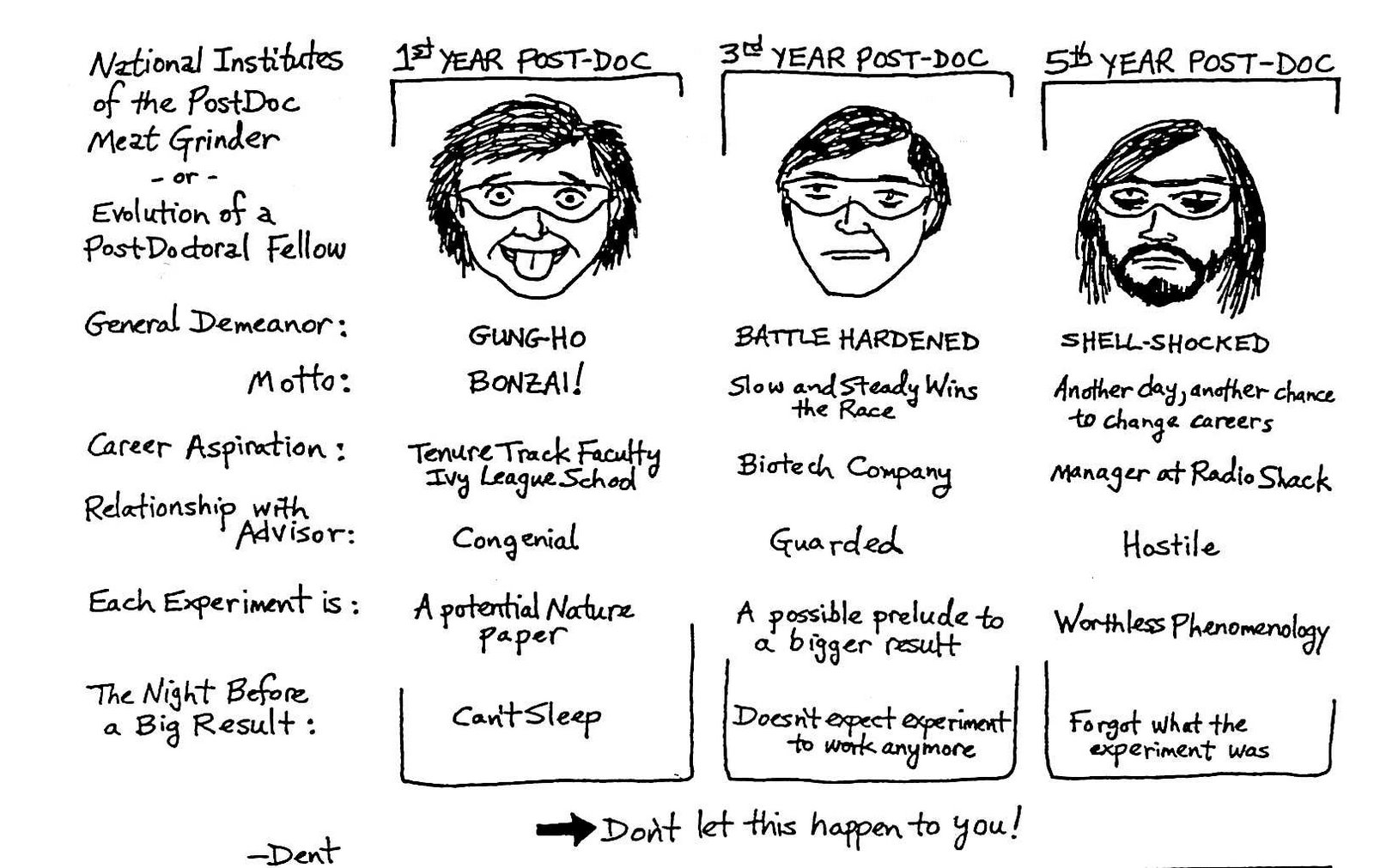 Image credit: dentcartoons.blogspot.com
Image credit: dentcartoons.blogspot.com
However, it also makes me a realistic researcher. And it opens up the chance to act upon that reality. Instead of sacrificing more and more bits of my life to the career, it made me think about life in and of itself. (What might be related to the fact that I’m growing older too, but that’s a whole different story). What is important in life? Why do I get up in the morning? What keeps me going? The job is certainly an important part in my life. I love my job. I love writing, going to conferences and sharing ideas with my fellows. I want to continue doing that. But not at any price. Look at this one, that was the second hit in the image search:
 Image credit: scienceblogs.com/
Image credit: scienceblogs.com/
Not if it requires working oneself to death, “writing like a madman”, as a colleague of mine put it once, and living in places I do not necessarily want to be – far away from my boyfriend, friends, and family. That may sound very naive, but it may also sound very healthy. I do think that my job should be organized around my life and not the other way round. Isn’t that interesting that the latter has become the standard practice though? That it has become normal to go wherever a job opens up or a fellowship is offered to you? – even if it’s just for one or two years? Without having the certainty – or even possibilty – to get a permanent position (ever)? That seems more and more insane to me.
That is why I try to focus on life from now on. What does that mean? I have no idea, but it feels great! And I’ll find out along the way, I guess. A good starting point for now is a sentence I’ve recently read on Norman T. White’s website. Below his name he says “celebrating 42 years without a full-time job”. (Further below he says “we fix toasters”).
In any case, I’ve met Norman a couple of weeks ago in Vienna. He is a well-known pioneer in robotics living in Toronto. He creates a lot of cool stuff including a “helpless robot”, a “sumo robot”, a tool for “arm wrestling over distance”, and many other “clearly pointless and useless” objects. I only met him briefly, but I perceived him as a creative thinker and a fun guy to have around. And he seems healthy and happy with life. That’s why I take him – and his anniversary – as a role model or spirit to follow. And everyone is welcome to join!
goodtosee #7: art & aesthetics online
Today I’d like to share two tumblr blogs with you. The first one is “the threshold of the visible” by Fliegender. This is a huge & great collection of artistic images ranging from the fields of architecture, classical and concept art, history, war, new media and computing, such as the one showing Alan Turing (see below) – just to feature one of the truly amazing, often historic images.
Henrik Olesen, Some Illustrations to the Life of Alan Turing (A virtual system, capable of simulating the behaviour of any other machine, even, and including itself), 2008. via Fliegender & We Find Wilderness
The second one is curated by my HUMlab colleague Mike Frangos, who collects videos on his blog “Social Media Aesthetics“. The assemblage includes interesting pieces such as Robot Flâneur, an explorer for Google Street View, Larry Lessig on Scientific Publishing, the Kristoffer West Johnson-animated video “Berlin Wall”, MACHFELD’s M1+1 performances, the Cults with footage from Anna (Pierre Koralnik, 1967, below), and many more. Mike has also started a collection of “Beckett on Youtube” here. I hope you enjoy rummaging through these rich art collections as much as I do!
Cults – Abducted from George Tanasie on Vimeo.
Amsterdam & Vienna: two cities – two summer schools – some reflections
I’ve attended two summer schools in the last three weeks and it was fun. Both the digital methods summer school (Amsterdam) and the Marie Jahoda summer school of sociology (Vienna) were highly inspiring events with great participants! The differences were striking though. And reflected the spirit of two different cities and two different academic cultures.
photo credit left: Marieke van Dijk — right: Monica Titton
The purpose of the digital methods event was to learn how to conduct Internet research by following the medium and its natively digital objects. If you want to investigate search engine results, use and learn from Google and its way of functioning, for example. Employ and build on search query data instead of creating artificial user search experiments was one of the messages. How to investigate and theorized “big data” was thus one central issue debated, in Richard Rogers´talk most importantly. What implications the use – and dependency on – algorithms and commercial tools such as Google or Facebook triggers was another interesting aspect raised by Noortje Marres. Besides theoretical discussions – such as the “salon” on Bruno Latour and David Berry moderated by Mark Tuters – we were motivated to work on actual projects. The main part of the summer school was organized around research investigating issues/ controversies in search engine results, on social networking platforms, Wikileaks and other “web spheres”. Here are some maps we developed on the biofuel controversy in Google results in different European countries:
People were thus gathered around computers and tried to make use and sense of the great variety of methods created by the DMI (digital methods initiative) team, but also the network visualization tool Gephi, that Bernhard Rieder presented, and the text coding software DiscoverText developed by Stu Shulman. Thanks to all of you for the great tools and advice!!!
It might be a coincidence that the highly digital summer school took place in Amsterdam – a city concerned with open government data, participatory architecture and urbanity & technology. But it might also reflect the tight entanglement of urban vibes and academic cultures. In Vienna the cultural heritage is central. The first district with its beautiful architecture preserves the empire of the last century. Accordingly, the Viennese summer school took place in a “festive room” mirroring the old charme and elegancy of the University. Paper and pencil instead of hashtag and wiki. The summer school was organized around lectures and presentations instead of laptops and projects. Even though I only participated three days out of six I saw great talks on markets and organizations in the tradition of German intellectual circles. Sophie Mützel talked about the sociology of markets and Frank Hillebrandt elaborated on culture and economy, for example. Further, I learned a lot about economic sociology in a number of great PhD projects from Austrian and German graduate students. That made me realize how interdiscplinary my own work got over the last years, where I was strolling from sociology, science and technology studies, Internet research to digital humanities. I was thus very happy that I got truly great feed-back on my search engine project and reading tipps from the summer school crowd, and especially Sighard Neckel (e.g. “the new spirit of capitalism” by Boltanski and Chiapello, “global complexity” by Urry or “market devices” by Callon, Millo and Muniesa). I do really hope that our paths will cross again in the future!
If you want to learn more about the Viennese summer school I recommend listening to the Ö1 broadcast “Dimensionen” on 26 July 2011, 19h05 (web radio here). Further, I really hope you get to see the “Erschießt Sie – eine Finanzkrisenoper“, which is a theatrical performance of interview material on brokers & the economic crisis based on the book “Strukturierte Verantwortungslosigkeit. Berichte aus der Bankenwelt” (Claudia Honegger, Sighard Neckel und Chantal Magnin). It is a clever and hilarious piece of work!
(photo credit: Summer School)
summer school season 2011
I’m excited about the summer school season that’s starting soon! My first stop will be Amsterdam, where the Digital Methods Summer School is taking place from the 27 June till the 8 July. It will be fun to meet Richard Rogers, the organizer of the summer school, and his team again and share ideas, empirical insights, and “digital tools”. The program looks amazing and there’s going to be a great number of participants from all over the world (see also this blogpost).
My second stop will be Vienna, where I’ll attend the Marie Jahoda Summer School of Sociology dealing with Economy–Markets–Organizations: The Culture of modern Economy.
That’s an excerpt from the website:
Like all economic processes, markets and organizations are embedded in social structures. Cultural values and political decisions strongly influence economic action, and economic processes follow social norms. The culture of markets transcends the homo oeconomicus. As the new economic sociology has shown, economic action, whether it takes place on markets, in organizations, in networks or as self-management, has to be understood as multi-dimensional and is not bound to an economic rationality existing outside social relations. In this perspective, current processes like the “economization” of social fields become themselves visible as cultural patterns of social organization.
The Marie Jahoda Summer School of Sociology will be set against this thematic background. We will examine competition, firms, management practices and organizations in the economic field, extending it to the arts, religion, sports, fashion, pop culture or the media – social fields, which themselves are examples of today’s “culture of markets”.
It will be really interesting to go back to the Sociology Department, where I studied more than 10 years ago! I’m sure a lot has changed in the last decade and I’m curious about the current state of the field. There will be 19 participants, mostly from the German-speaking context, and I’m happy to be one of them. The summer school will be an excellent opportunity to present my work on search engines in the context of present-day market capitalism and gain feed-back from Austrian/ German researchers. I’m particularly looking forward to meeting Sighard Neckel, the organizer of the summer school – who kindly invited me to take part in this event – and his collaborators.
goodtosee #6: netpolitics in practice
I do really like when netpolitics turns into an actual practice, such as the one I’ve just recently learned about in my firefox browser. It’s called Make Your Mark and encourages people to leave a mark to show “support for a people’s web”.
The project is a collaboration between the non-profit organization Mozilla and Evan Roth, an artist and researcher investigating the intersection between free culture and popular culture. Further, the project is supported by the open net advocate Lawrence Lessig. By making your mark you are indicating that you also believe that (according to their website):
The Web is an integral part of modern life.
It is an educator, a communicator, an entertainer, an inspirer, a collaboration of all our creative efforts.
It sparks movements and enables us to share our ideas, our thoughts, our dreams.
The Web is our creation.
We are all contributors, the ones who use the Web every day.
And all the comments and uploads we make add up to something bigger.
This is why we believe that the Web must remain open and accessible to all.
Mark Up is a celebration of that freedom.
Each person’s mark is an individual expression on a continuous line symbolizing solidarity.
It is a declaration and a chance to show your support for a people’s Web.
So if you identify with that then leave a trace on the web, as I did (maybe an even more creative one 😉 ):
Another really great example of netpolitics in practice is the Firefox add-on: Track me Not. This application was created by Daniel C. Howe, Helen Nissenbaum and Janoss and helps you to protect yourself from surveillance and data-profiling by search engines. It does so by irritating search engines such as Google by creating noise and obfuscation.
Practically, this means that the app sends random search queries to search engines such as “Muddy River uses” – the one that’s displayed in my own browser right now. You see, it’s not only useful, it may also be highly entertaining given the stupid queries it sends 😉 More info and download here. Because using the web and getting exploited by big Internet companies must not necessarily be the same, even though it is often case unfortunately..

